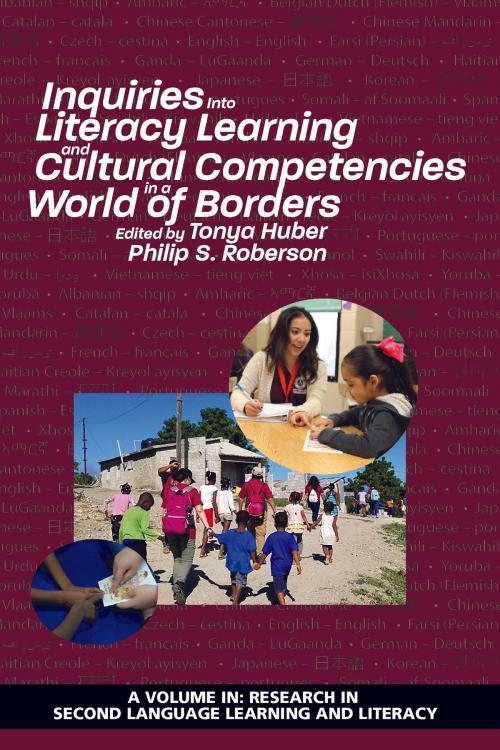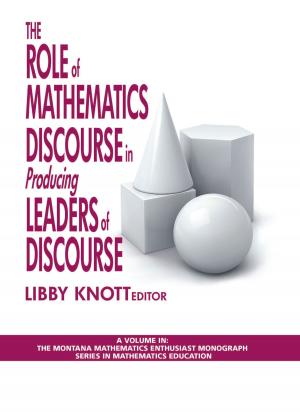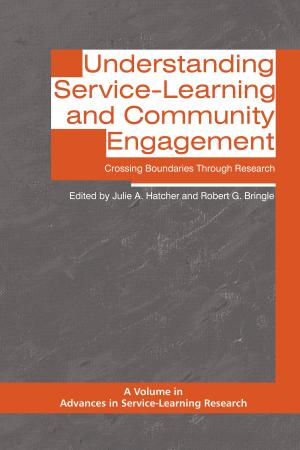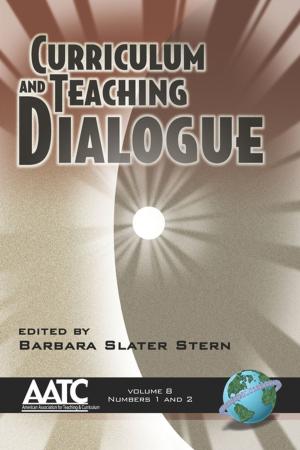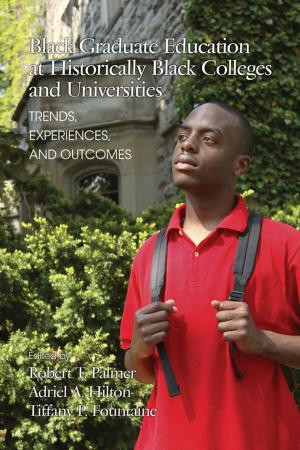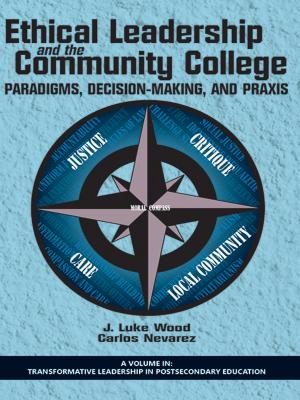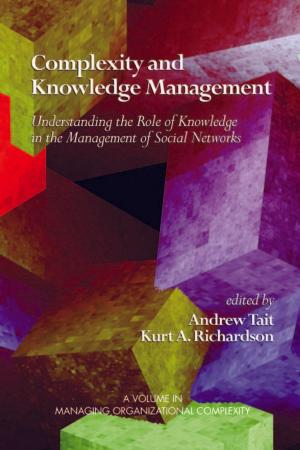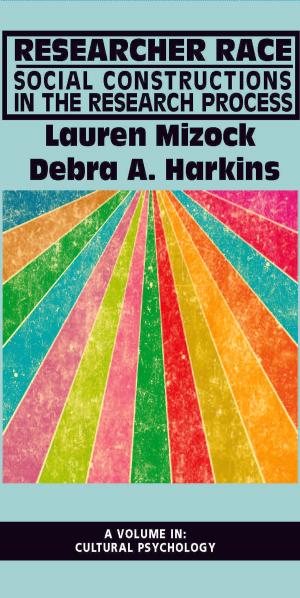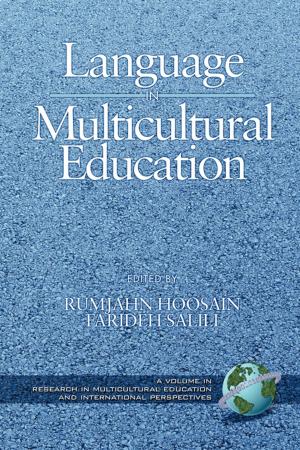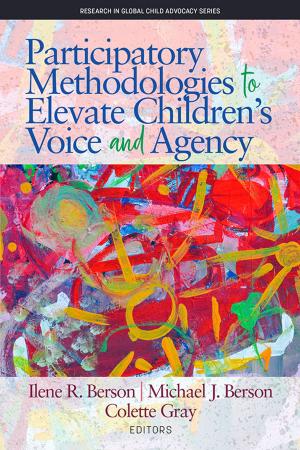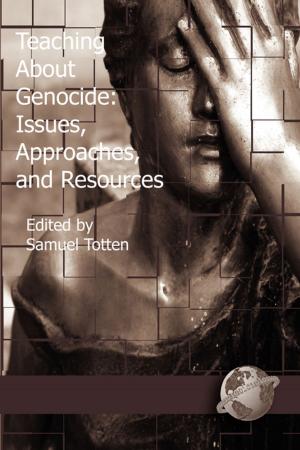Inquiries Into Literacy Learning and Cultural Competencies in a World of Borders
Nonfiction, Reference & Language, Education & Teaching, Educational Theory, Bilingual Education, Teaching| Author: | ISBN: | 9781641132077 | |
| Publisher: | Information Age Publishing | Publication: | April 1, 2018 |
| Imprint: | Information Age Publishing | Language: | English |
| Author: | |
| ISBN: | 9781641132077 |
| Publisher: | Information Age Publishing |
| Publication: | April 1, 2018 |
| Imprint: | Information Age Publishing |
| Language: | English |
The vision of this book has been to represent the work of educators and scholars invested in moving education beyond insular models of language study and cultural awareness to more globally representative and inclusive interactions that range from the studied word to the lived experience, and from reading the word to read the world (Freire & Macedo, 1987). A fundamental aspect of this vision is to recognize the living nature of language and its intricate role in culture. Culture is mediated through language (Hauerwas, Skawinski, & Ryan, 2017, p. 202) and the linguistic experience of difference is essential for developing cultural competence beyond surface culture considerations. The editors of this volume are committed to a closer bond between literacy learning and cultural competencies, particularly when literacy practices and education are often characterized by quantifiable standards and accountability restraints. Readers of this volume will find meaningful and practical approaches to engage with learners from their earliest encounter with language(s), through adolescence and adulthood, and across ever-changing local and global communities.
The vision of this book has been to represent the work of educators and scholars invested in moving education beyond insular models of language study and cultural awareness to more globally representative and inclusive interactions that range from the studied word to the lived experience, and from reading the word to read the world (Freire & Macedo, 1987). A fundamental aspect of this vision is to recognize the living nature of language and its intricate role in culture. Culture is mediated through language (Hauerwas, Skawinski, & Ryan, 2017, p. 202) and the linguistic experience of difference is essential for developing cultural competence beyond surface culture considerations. The editors of this volume are committed to a closer bond between literacy learning and cultural competencies, particularly when literacy practices and education are often characterized by quantifiable standards and accountability restraints. Readers of this volume will find meaningful and practical approaches to engage with learners from their earliest encounter with language(s), through adolescence and adulthood, and across ever-changing local and global communities.
